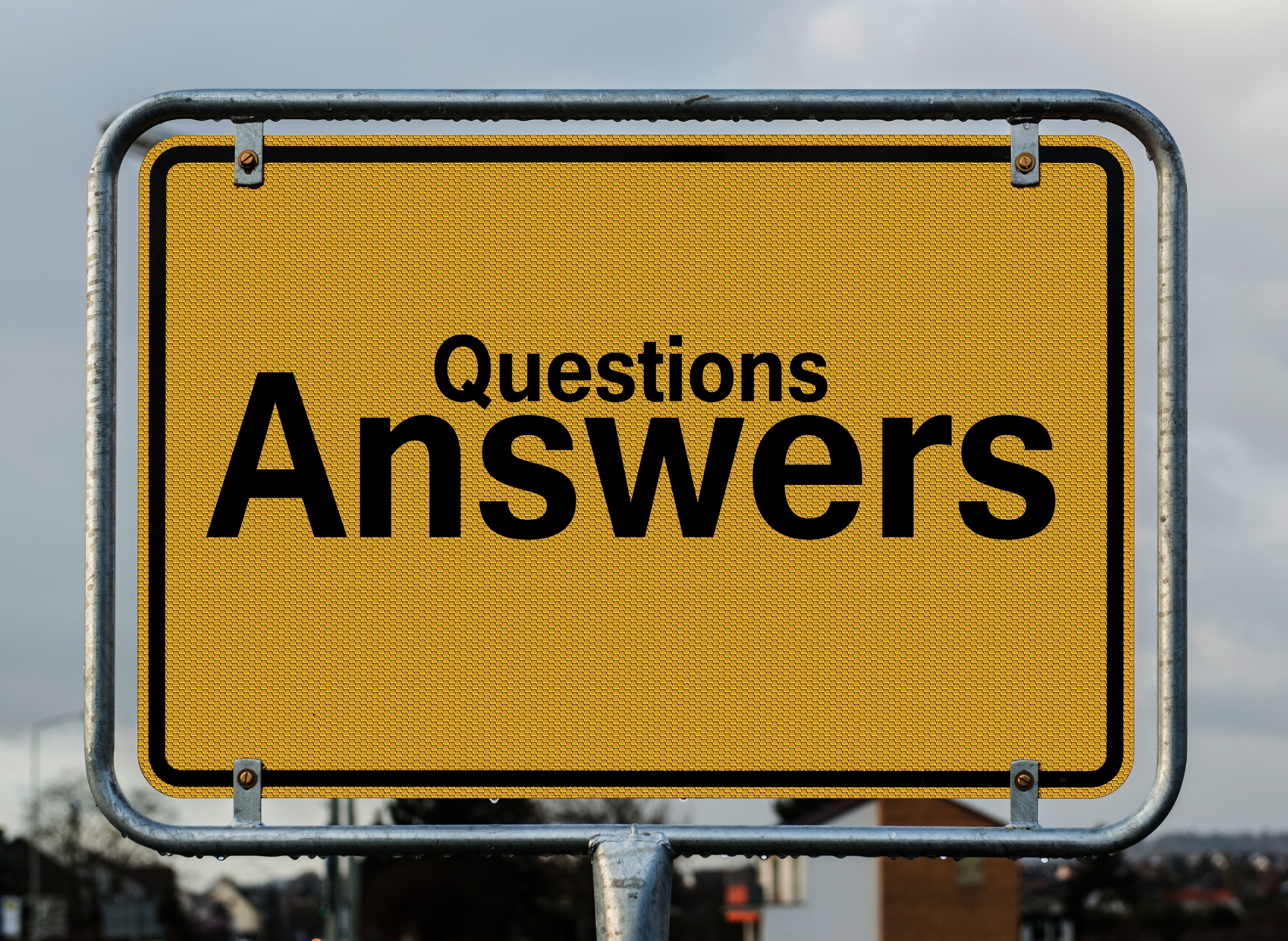
In this three-part essay I examine some of the different ways editors collect data for and about editors, editing and the profession as whole, and the types of research they may be interested in. I explore some of the ethical issues associated in doing so and how we might go about ensuring best practice, and offer pointers for consideration if you are approached to provide your data. Click here for Part 1.
Research about editors and
editing
Despite our enthusiastic interest, to
date there has been very little robust academic or industry research about
editing and editors.
In 2001, at a joint conference of editors and indexers held in Canberra, my friend Pamela Hewitt started the first national survey of editors. This subsequently became the IPEd National Survey of Editors, conducted more or less every couple of years.
As surveys go, this is a fairly blunt instrument, in that the questionnaire hasn’t been formally or scientifically validated and it relies on volunteers to crank out a rudimentary analysis. But the survey is useful in that it has a respectable response rate (35% in 2016) compared to many workforce surveys, and it gives us information about editors that would be otherwise very difficult to find. For example, the report of the 2016 survey tells us that the cohort of editors who responded is highly qualified and experienced, with 64 per cent having postgraduate qualifications and 75 per cent having more than 4 years’ editing experience.
What we don’t know about editors and editing
What surveys like these don’t tell us is how editors go about choosing editing as a career or about their experiences in finding employment/clients. Famous editors’ biographies, personal stories and anecdotes aside, we also know little, if anything, about other aspects of the profession – for example:
- how editors organise their daily/weekly/monthly/annual workflows
- how they make day-to-day decisions about technical matters
- how they develop and manage relationships with authors, clients and colleagues
- how (and why) they make career or business decisions
- whether (and how) organisational directives, professional networking, personal philosophies or ontological and/or epistemological stances influence their approaches to editing
- and so on.
What editors want to know
If you’re an editor you’ll be familiar with the adage that we all love to read about ourselves. Indeed, the story about the development of the publishing industry in Australia is a case study in our collective desire to see ourselves reflected in books and literature.
It’s widely held that seeing ourselves reflected in the arts helps to build a sense of community by validating and normalising our experiences and perspectives. Research has an important role to play in helping us to understand ourselves better as a profession.
Over the past couple of decades, in my roles as trainer, mentor, coach and champion for editors, I’ve found that novice and early career editors’ burning questions about the profession usually fall into three broad categories, in order of importance:
- Employment-related information – how and where to obtain employment/clients, how much to charge/salary information, professional development opportunities and changes/trends in the market
- Technical information – how to learn about or resolve problems related to the mechanics of writing and editing, editing relationships and various tools of the trade
- Curiosity – about how editors, authors and others do things, what projects they work on, what they earn and personal information of a general nature.
Over time, this order is inverted as editors gain experience and become more established in their careers.
While many editors do share their experiences in online forums, many do not. And the shared stories tend toward extremes: announcements of happy, celebratory events, or recounts of disasters that serve as cautionary tales. Even if these extremes are widespread – and right now there’s no reliable way of being certain – we don’t know how typical or representative they are of the profession, as whole or of specific sectors or niches. We also have little evidence of editors’ attitudes, beliefs and perceptions about these and other professional matters.
What we need is committed, robust research to provide this kind of knowledge.
What is research?
Research is a clearly defined method by
which investigators test hypotheses or explore a research question. Investigators
conducting research with humans are expected to seek approval from an ethical
review body (see below).
The three main categories of research –
empirical science, applied research and experimental development (e.g. industry
research and development) – investigate phenomena through a range of methods.
The following relate to research undertaken with or about humans.
Scientific research
In the natural sciences, this kind of research is also known as ‘basic research’, ‘pure research’ or ‘fundamental research’. The empirical scientific method is used to verify phenomena through observation or experiment. Scientific researchers must adhere to strict rules about their approach and the conduct of the research, both of which are subjected to scrutiny by the scientific community in a predefined manner . This is known as ‘peer review’, and its extension involves research findings being able to be repeated independently.
Scientific research also includes applied research in medicine, such as laboratory studies and clinical trials, in which clinical and other interventions (including pharmaceuticals) are tested by comparing patients and healthy participants.
Academic research
Academic research may be empirical or
applied research. Scientific research is often, but not always, conducted by
academics. What we usually refer to as ‘academic research’ may be conducted in
non-scientific disciplines, such as anthropology, history, philosophy, law and
the social sciences, within the contexts of academic institutions like
universities and research centres.
Market research
As the name suggests, this kind of applied
research is done by or on behalf of businesses, corporations and governments,
to collect and analyse information about their customers or constituents, such
as their demographic profiles, needs, behaviours and opinions. Market research
is used to make policy decisions, and decisions about product development,
political campaigning, sales and communication with customers or constituents. Market
research is also used to keep an eye on market trends and what the competition
is doing.
Social research
Often closely related to market
research, social research seeks to explore, describe, explain and predict human
behaviour, particularly in group (social) settings. Social scientists use
qualitative and quantitative methods to create or validate theory through
collection and analysis of data.
Market and social research, including research commissioned by governments, is big business in Australia – in 2008 the sector was worth nearly $800 million, with a workforce of more than 10,000.
What is ethical conduct in research?
Best practice in market
research
Market researchers typically use surveys, observation, field trials and online monitoring tools to gather quantitative data for statistical analysis. Simply put, the purpose is to test a given hypothesis on a predefined sample so that the results of the research can be applied to the entire population being studied. For example, you may need to recruit 200 editors to determine whether your survey’s results can be generalised to the entire population of Australian editors. Statistical calculations are used to work out the appropriate sample size to test an effect in a given population.
Market researchers also use qualitative methods, such as in-depth interviews, focus groups and observation, to explore participants’ perceptions, attitudes and opinions. For example, market researchers might use qualitative research to test editors’ responses to a draft revision of a given style manual.
Market researchers usually do not need to apply for ethics approval in the way that academic researchers or social scientists do, but they do follow industry codes of conduct and government regulations. For example, participation in market surveys must be voluntary and the companies who conduct these are prohibited by the Trade Practices Act from trying to sell you anything in the course of administering those surveys.
Ethical frameworks – starting with medical research
The
following applies to scientific, academic and social research with humans.
Discussion and debate about ethics in medical research goes back to the ancient Greeks. In the wake of the Second World War and the Nuremberg Trials (1945–49), the World Medical Assembly adopted the Helsinki Declaration in 1964, which sets out guidelines for doctors conducting clinical research. Since then, many international human rights instruments have emerged to protect humans, and guidelines to articulate professional responsibility for research with and about humans.
In Australia, the National Health and Medical Research Council Act 1992 (Cwth) requires that guidelines be issued and applied to the conduct of research involving humans. This document is the National Statement on Ethical Conduct in Human Research (2007, updated 2018), published jointly by the National Health and Medical Research Council, the Australian Research Council and Universities Australia. The purpose of the National Statement is ‘to promote ethically good human research’ (p. 6).
Principles of ethical
research
Regardless
of the type of research, the methods, purposes or setting, the following
principles should underpin ethical conduct in human research:
- Research merit and integrity
- Justice
- Beneficence
- Respect
For explanation and discussion of these principles, refer to the National Statement. There are many other guidelines and codes of practice that apply to specific areas of research.
Responsibility for the ethical design, review and conduct of human research is in fact exercised at many levels, by: researchers (and where relevant their supervisors); HRECs and others conducting ethical review of research; institutions that set up the processes of ethical review, and whose employees, resources and facilities are involved in research; funding organisations; agencies that set standards; and governments. While the processes of ethical review are important in this field, individual researchers and the institutions within which they work hold primary responsibility for seeing that their research is ethically acceptable. (p. 4)
What is unethical conduct in research?
An action may be perfectly legal but considered unethical – and therefore discrediting of a research study. An investigator’s conduct may be deemed unethical if they cajole, pressure or otherwise directly or indirectly coerce people to participate; if they withhold from participants important information about the research, such as risks of participating (including privacy risks); or if they do not act to secure personal information. Unfortunately there are a great many examples of unethical conduct in research, especially in the collection of data. Most of the time the researchers have good intentions but poor understanding of the principles of ethical research, or they decide to take shortcuts because they wish to avoid ‘bureaucracy’.
In publishing the findings of research, unethical behaviours may include falsification of research data or findings, duplicate submission, plagiarism, authorship conflict and conflicts of interest.
Ethics in research by and about editors
It’s easy to argue why medical research should be conducted ethically, but what about other research involving humans – for example, research on editors? Is it any different if that research is conducted by editors who know each other?
In my view, and considering the range, diversity, potential benefits and risks of research that might be conducted on and about editors, there is no reason that the same high levels of ethical conduct expected of academic, scientific and marketing researchers should not also be expected of research by and about editors.
Indeed, all participants in human research, including editors and those conducting the research, should be accorded the respect and protection that is due to them. A simple statement that carries considerable weight and complexity.
Are you conducting
research? Is it ethical?
As discussed in Part 1 of this essay, you should consider the types of information you are collecting, from whom and for what purpose. If you are employed by or conducting research under the aegis of an institution such as a university or research centre, you should consult the relevant policies and guidelines, including the Australian Code for the Responsible Conduct of Research.
If you are collecting data to provide the foundation for a conference presentation, a journal article or a book, you should ensure a careful, rigorous approach that takes account of the principles of ethical and responsible conduct of research.
Suppose you’re not conducting formal research – let’s say you’re just collecting anecdotes and information to give a bit of flavour to a blog or informal piece. Consider the nature of that information and the potential risks (however remote) for people who respond. Using social media to ask people for information about sensitive topics carries high risk, even if you’re inviting them to communicate via private message or email. This includes soliciting people’s experiences or perceptions of having edited works that report on violence, abuse, trauma and serious mental health issues.
Expectations of ethical conduct
Conference organisers, journal editors and publishers expect that you will present evidence for the facts, theories or statistics you present. For example, if you plan to present facts or theories about how Australian editors manage their health and wellbeing, you will be expected to present evidence that those facts/theories are representative of all Australian editors, or reasonably justify why not. You will also be expected to have conducted your research in a manner that is methodologically sound, has integrity, is just and justifies the risks of any harm or discomfort to participants.
Remember that perceptions of risk and harm can vary greatly between individuals. For example, in linking an editorial error with an individual, the risk of professional embarrassment can have harmful psychological, material and financial consequences for one editor yet mild (or no) discomfort for another.
Informed consent
If you are collecting data directly from individuals, you will need to retain evidence of informed consent, which is the bedrock of ethical conduct in human research. We are a relatively small profession, and our presence on social media makes the degree of separation between editors almost non-existent. Take all necessary steps to ensure that there is no possibility of a perception of coercion to participate, remembering that ‘begging’ and friendly cajoling fall into this category.
Intellectual property
If your research intends to collect data or recruit research participants through social media, be aware of the intellectual property (IP) claims of the platform. Most high-quality research tends to be collaborative these days, and intellectual property is an important aspect of agreement between individual researchers (and their employers).
Data security and privacy
Understand the security limitations of your software and other tools and instruments. Ethics review bodies in Australia generally do not accept claims of security when researchers use tools such as SurveyMonkey, for example (because of its claim to a limited licence to use your content, among other things). Offshore data storage is also of concern, since those services are subject to laws in other jurisdictions; check the location of cloud-based services.
If you plan to store your research data on your personal computer, consider security arrangements such as password protection and limiting the use of your computer to the research team. People sometimes forget this when they allow family members, including young children, to use their laptops or smartphones. The problem is not so much a lack of trust – recognising that our spouses and families usually don’t have nefarious intentions – but the potential for something to go wrong.
It’s not enough to say that participation in a survey is anonymous. Take the steps to ensure this is the case. (It’s actually quite difficult and expensive to ensure complete anonymity.)
If you tell potential participants that you won’t use their personal information, including their email address, for other purposes, then do not under any circumstances send them emails for reasons other than the research they have consented to participate in. Take steps to ensure this can’t occur accidentally.
Approval from an HREC
If you need to apply for approval from an ethics review body, such as a human research ethics committee (HREC), you will be expected to prepare (among other documents) a research protocol or proposal that outlines: a review of the literature, background and rationale for the research, funding and/or other support for the study, research design and methods, research process and conduct, benefits and risks of the study, expected outcomes, dissemination and communication of results and a data management plan, as well as a plain language statement to accompany the consent form to be signed by participants (or a reasonable alternative for online data collection).
Consult the National Statement and any guidelines and codes relevant to your research methods, industry, discipline and topic. Read the published literature on the topic and related topics, especially in academic journals and databases that publish current evidence. If you don’t have access to an academic library, as a starting point try searching Google Scholar.
Ask for help and advice
Due to space and time limitations, I haven’t covered everything there is to know about ethical conduct in collecting data for research or other purposes. Seek independent advice and review of your research proposal before you apply for ethical review, and certainly before you commence the research. Consider inviting collaboration or co-authorship from a colleague who has experience in the research methods you propose to use.
Best practice means being transparent and open to scrutiny. Some people avoid asking for help or collaboration because they fear that they may appear stupid or incompetent, or that they may be overshadowed by a more experienced professional. Asking for help or advice is a sign of strength, not weakness. And inviting collaboration is the ultimate compliment.
Conclusion
Like many professional editors, I’m keen to see more research about and for us. Above all, I want to see high-quality research being conducted and reported, regardless of its purpose or focus, and I am committed to contributing to the development of a body of literature we can be proud of.
Over the past few years I have observed editors collecting data online from their colleagues, including for market research and on highly sensitive topics, and this has caused me a great deal of concern. This essay is my personal and professional contribution to promoting transparency and ethical conduct. In Part 3: Considerations in providing your personal data (posted 4 October 2019) I offer tips and questions to consider if you are asked to provide your information.
If you’d like to comment on this essay, if you’d like some advice or coaching to guide your own work, or even if you spot an errant typo, please do get in touch.
Suggested citation:
Otmar, R. (2019). Researching and collecting data for and about editors. Part 2: Research by, for and about editors, online essay. Viewed at https://reneeotmar.com.au/index.php/blog/.






























